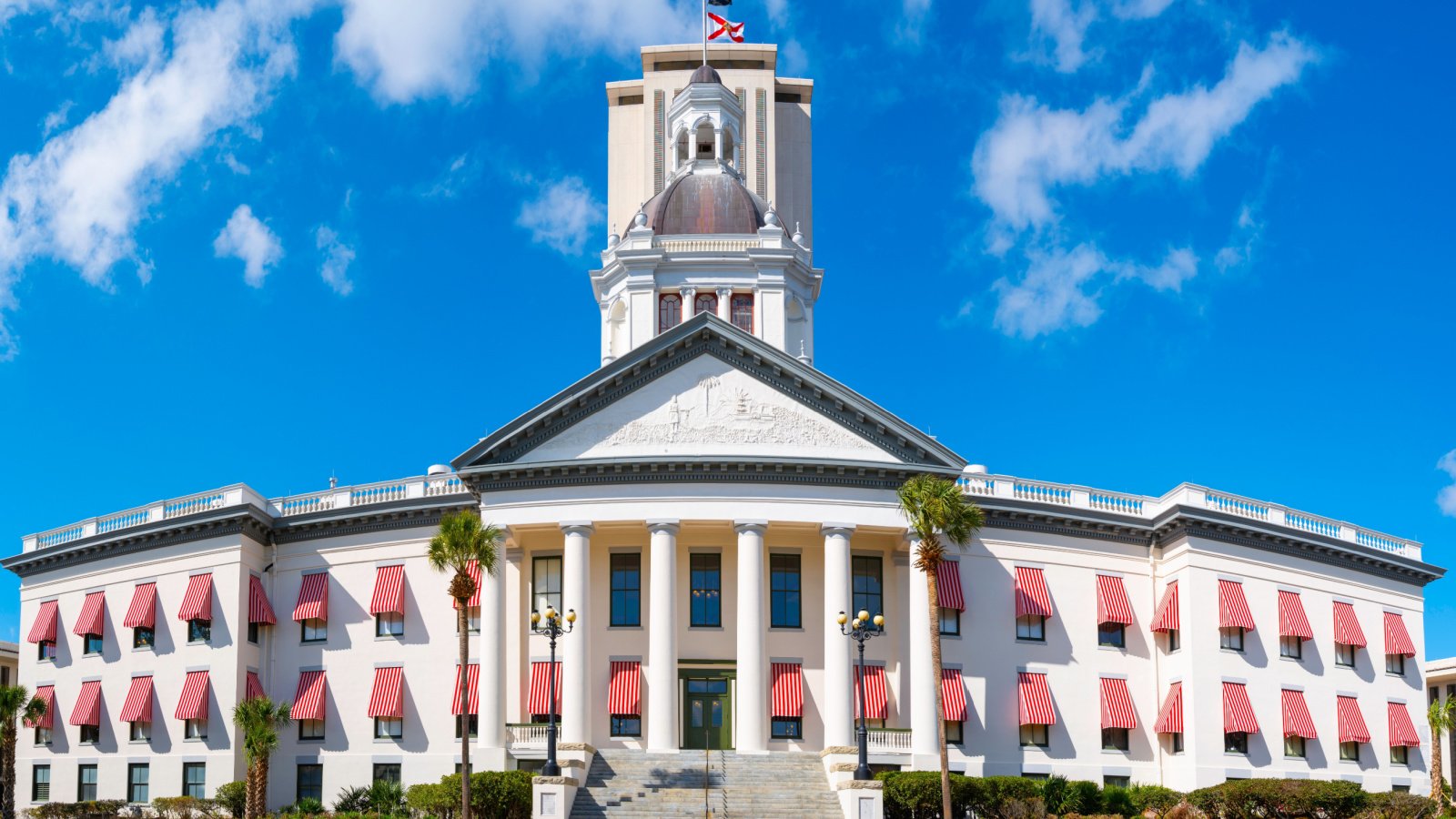Florida’s stricter abortion laws drastically extend travel distances for care and services for women, limiting options for residents. This significant change impacts both individuals seeking services and the clinics that serve them and prompts a reevaluation of reproductive rights in the southern U.S.
A Journey for Choice

Embarking from Jacksonville, Florida to Bristol, Virginia, demands more than an eight-hour drive. The trek stretches even further for those coming from Orlando and Miami, reaching upwards of 14 hours. Yet, the Bristol Women’s Health Center is bracing for a wave of Florida women in search of abortion services, as a new, stringent ban looms on the horizon.
A Beacon in the South

For countless Floridians, a clinic nestled in the southwest Virginia hills is emerging as the nearest feasible sanctuary for abortion services. This reality dawns as Florida tightens its abortion laws, sending ripples across the southern United States and positioning the clinic as a pivotal haven.
A Growing Demand

Karolina Ogorek, steering the clinic’s administrative helm, observes a trend: the majority of their patients hail from states where abortion access is heavily restricted. With Florida’s upcoming restrictions, she anticipates the state will join the ranks of those they routinely serve, highlighting a shifting landscape in reproductive rights.
Legal Landscapes Shift

Florida’s highest court recently cemented a 15-week abortion ban, paving the way for an even stricter law that prohibits abortions after just six weeks — often before women are aware of their pregnancies. This new rule, peppered with a few exceptions, is set to redefine access to abortion in the Sunshine State from May 1.
A Choice at the Ballot

Simultaneously, the court has green-lit a referendum for November, offering Floridians the chance to voice their opinion on a constitutional amendment. This amendment could safeguard the right to abortion until a fetus is viable outside the womb, marking a pivotal moment in the state’s abortion debate.
The Cost of Care

Stephanie Loraine Piñeiro, a leading figure in the Florida Access Network, outlines the daunting financial realities of seeking abortion care outside the state. With added expenses, the cost could soar to about $4,000, doubling the current financial burden and stretching the resources of support organizations to their limits.
An Unequal Burden

Piñeiro highlights a grim truth: the most marginalized individuals might find themselves unable to navigate the logistical and financial hurdles of seeking abortion elsewhere. This scenario threatens to exacerbate existing inequalities, leaving many without viable options for care.
A Shifting Landscape

The tightening grip on abortion access could lead to the shuttering of local clinics, starved of the patient base needed to sustain them. This potential closure wave underscores the profound impact of Florida’s legislative changes on the fabric of reproductive healthcare.
A Stark Shift in Accessibility

The landscape of abortion access is about to dramatically transform for Floridians. According to Caitlin Myers, an economist from Middlebury College, the current average journey to an abortion provider is a manageable 20 miles. However, with the new ban, this average will skyrocket to a staggering 584 miles, making North Carolina the closest state offering abortion past the initial six weeks, albeit with stringent prerequisites.
A Daunting Journey North

The journey doesn’t end in North Carolina; for those seeking services beyond the first 12 weeks of pregnancy, Virginia stands over 100 miles further. This increased distance emphasizes the logistical and emotional challenges facing those in need of abortion services, marking a significant upheaval from the current state of affairs.
A Comparative Perspective

Historically, long distances to abortion providers have been a harsh reality in places like Texas and Louisiana, highlighting the vast disparities in access across the United States. Yet, the new Florida ban is poised to create an unprecedented scenario, making South Florida the most densely populated region in the U.S. with the least access to abortion services beyond six weeks.
Beyond State Borders

Florida’s impending ban doesn’t just affect its residents but also those from neighboring states, where restrictive laws have already compelled many to travel for access. Last year, Florida served as a crucial haven for thousands seeking abortions, a role that will now be diminished, pushing patients to undertake even longer, more arduous journeys.
The Changing Face of Abortion in America

Despite the upheaval following the Supreme Court’s overturning of Roe v. Wade, the overall number of abortions in the U.S. has remained relatively stable. However, there’s been a notable shift towards medication abortion, facilitated by telehealth, even as the legal framework continues to evolve and face challenges.
Adapting to New Realities

In anticipation of stricter regulations, Planned Parenthood centers in Florida are innovating to meet the needs of their patients. From rapid pregnancy tests to enhanced educational efforts, these centers are adapting to ensure continuity of care, albeit against a backdrop of increasing obstacles and an overburdened public health system.
The Ripple Effect on Clinics

The Bristol Women’s Health Center in Virginia exemplifies the adjustments clinics are making to accommodate a growing number of patients from afar. Extended hours and contingency plans for delays highlight the clinic’s commitment to access, amidst a landscape where a trip for an abortion involves significant logistical planning, far beyond a short drive from home.








